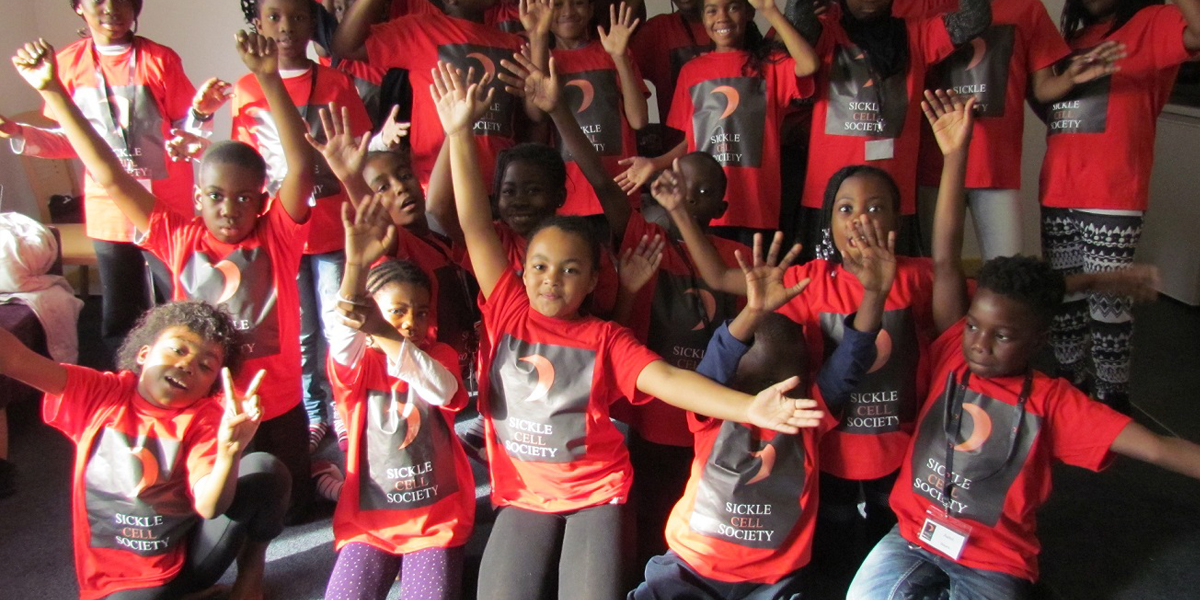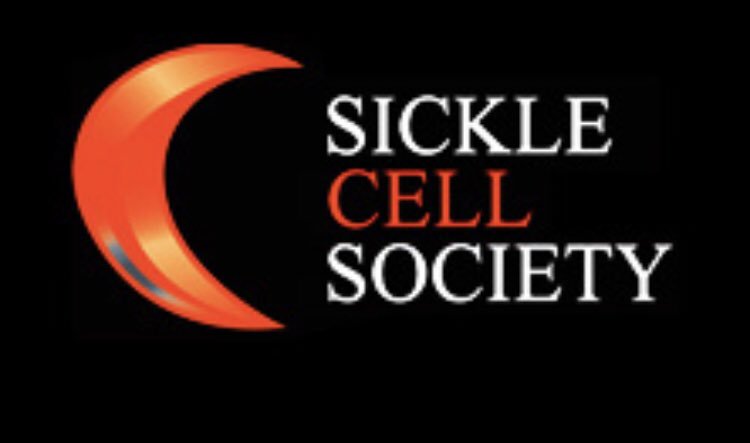The 19th June is World Sickle Cell Day and this year the Sickle Cell Society is celebrating 40 years of working in the sickle cell community.

World Sickle Cell Day is a United Nation’s recognised day to raise awareness of sickle cell at a national and international level. On 22nd December 2008, the United Nations General Assembly adopted a resolution that recognises sickle cell disease as a public health problem and “one of the world’s foremost genetic diseases.” The resolution calls for members to raise awareness of sickle cell on June 19th of each year at national and international level.

What is sickle cell?
Sickle cell disorders are a group of illnesses which affect your red blood cells. Sickle cell is a genetic condition, which means it is passed on from your parents and you are born with it; you cannot catch it from other people.
Sickle cell disorders cause your normally round and flexible blood cells to become stiff and sickle shaped, stopping the blood cells, and the oxygen they carry, from being able to move freely around the body and causing pain.
Sickle cell can affect anyone, although it predominantly affects people from African and Caribbean backgrounds and in the UK, approximately 15,000 people are living with sickle cell.
Did You Know?
- Sickle cell is inherited from both parents; sickle cell trait is inherited from one parent.
- Sickle cell can affect anyone, although it predominantly affects people from African and Caribbean backgrounds.
- 1 in 76 babies born in the UK carry sickle cell trait.
- Approximately 15,000 people in the UK have sickle cell.
- Approximately 270 babies with sickle cell are born in the UK every year.
- A simple blood test will tell whether you have sickle cell trait or the disorder
- Children with sickle cell are at increased risk for stroke, the risk is highest between the ages of 2 and 16.
- Episodes of pain may occur in sickle cell disorder and are generally referred to as a crisis.
What can you do to help raise awareness?
Raising awareness is an important part of World Sickle Cell Day and the Sickle Cell Society has put together a pack to help you spread the word. The pack contains key facts about sickle cell, photos which can be shared to raise awareness and other key bits of information to help you make the most of World Sickle Cell Day. The pack can be accessed here: www.sicklecellsociety.org/mediapack/
Celebrating 40 Years
This World Sickle Cell Day, the Sickle Cell Society will be celebrating 40 years of supporting the sickle cell community. First set up as a registered charity in 1979, the Sickle Cell Society works alongside health care professionals, parents, and people living with sickle cell to raise awareness of the disorder. The Society’s aim is to support those living with sickle cell, empowering them to achieve their full potential.
The Society runs a range of projects, from working with young people and children through activities, mentoring and an annual holiday, to running a national helpline, developing resources and working with the All-Party Parliamentary Group for Sickle Cell and Thalassaemia on research.
All throughout 2019 the Society will be celebrating 40 years with events including a Thanksgiving Service, Education Day, and a Fundraising Gala Ball. The Society will also be producing a special 40th Anniversary newsletter to celebrate the highlights from the last 40 years.
More information can be found at www.sicklecellsociety.org
Kindly follow us on twitter:@AfricanVoice2









